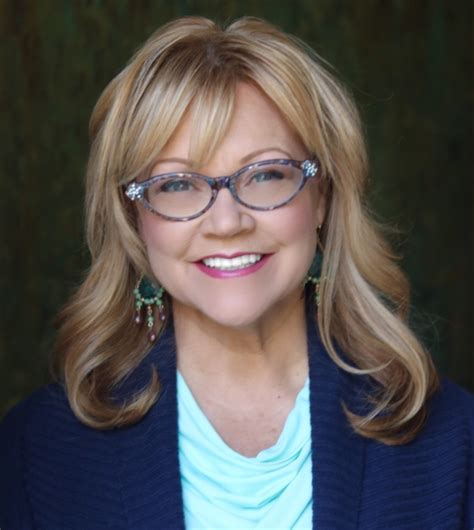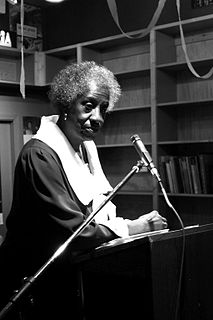A Quote by Rhonda Britten
Listen to others as if they are telling you the truth, ask questions when you aren't clear, and allow others the room to have different feelings than you. No more assigning hidden motives, prejudging and cutting people off before separating fact from fiction.
Related Quotes
We must seek to understand the intent of communication without prejudging or rejecting the content... Communication, after all, is not so much a matter of intellect as it is of trust and acceptance of others, of their ideas and feelings, acceptance of the fact that they're different, and that from their point of view, they are right.
Most of us avoid telling the truth because it's uncomfortable. We're afraid of the consequences-making others feel uncomfortable, hurting their feelings or risking their anger. And yet, when we don't tell the truth, and others don't tell us the truth, we can't deal with matters from a basis in reality.
Most people use two totally different sets of criteria for judging themselves versus others. We tend to judge others according to their actions. It's very cut-and-dried. However, we judge ourselves by our intentions. Even if we do the wrong thing, if we believe our motives were good, we let ourselves off the hook. And we are often willing to do that over and over before requiring ourselves to change.
The people who stand before kings may look like they did it all by themselves. But in fact they are invariably the beneficiaries of hidden advantages and extraordinary opportunities and cultural legacies that allow them to learn and work hard and make sense of the world in ways others cannot. It makes a difference where and when we grew up.
Recently it was pointed out to me - in a kind of hurtful way, to be honest - that people in Los Angeles are aurally challenged. That is, at social events, we simply do not listen to others. We do not ask them questions about themselves, we do not nod attentively when they speak; really, if we were to examine ourselves, we would realize that we simply have no interest in others at all.
A Winner's Blueprint for Achievement BELIEVE while others are doubting. PLAN while others are playing. STUDY while others are sleeping. DECIDE while others are delaying. PREPARE while others are daydreaming. BEGIN while others are procrastinating. WORK while others are wishing. SAVE while others are wasting. LISTEN while others are talking. SMILE while others are frowning. COMMEND while others are criticizing. PERSIST while others are quitting.
Truth is not only stranger than fiction, it is more telling. To know that a thing actually happened gives it a poignancy, touches a chord, which a piece of acknowledged fiction misses. It is to touch this chord that some authors have done everything they could to give you the impression that they are telling the plain truth.
Change depends on people knowing the truth. Change depends on people speaking that truth out loud. That's what movements do. Movements educate people to the truth. They pass along information and ideas that many others do not know, and they cause them to ask questions, to challenge their own long-held beliefs. ... Movements are the way ordinary people get more freedom and justice. Movements are how we keep a check on power and those who abuse it.
I am compassionate. I allow my heart and imagination to embrace the difficulties and concerns of others. While maintaining my own balance, I find it within myself to extend sympathy, attention, and support. When they are grieved, I listen with openness and gentle strength. I offer loyalty, friendship, and human understanding. Without undermining or enabling, I aid and assist others to find their strength. I allow the healing power of the Universe to flow through me, soothing the hearts and feelings of those I encounter.
There is an appearance of humility in the protestation that the truth is much greater than any one of us can grasp, but if this is used to invalidate all claims to discern the truth it is in fact an arrogant claim to a kind of knowledge which is superior to [all others]...We have to ask: 'What is the [absolute] vantage ground from which you claim to be able to relativize all the absolute claims these different scriptures make?


































